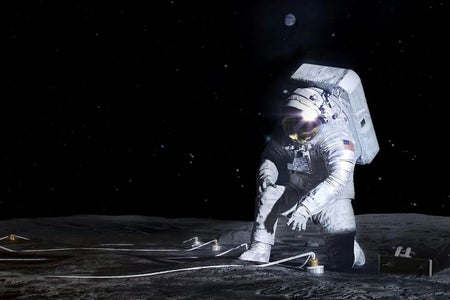
NASA’s Artemis Astronauts Will Help Grow Crops on the Moon—And Much More
When astronauts return to the moon later this decade, they’ll bring along science experiments to study moonquakes, lunar water ice and extraterrestrial agriculture

NASA’s Artemis Astronauts Will Help Grow Crops on the Moon—And Much More
When astronauts return to the moon later this decade, they’ll bring along science experiments to study moonquakes, lunar water ice and extraterrestrial agriculture
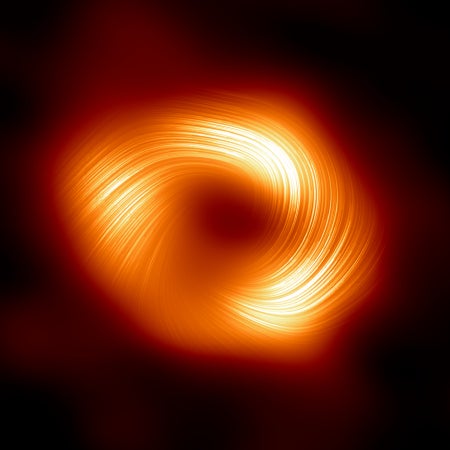
Our Galaxy’s Biggest Black Hole Just Got a New Close-up. What’s Next Could Be Even Wilder
As the Event Horizon Telescope pursues ambitious upgrades, the project’s latest results reveal the magnetic fields around our galaxy’s supermassive black hole
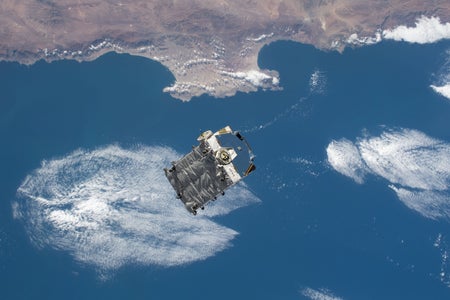
Space-Junk Strike in Florida Signals New Era of Orbital Debris
Three years ago astronauts threw out the largest piece of trash ever tossed from the International Space Station. Now some of it has punched a hole through a house in Naples, Fla.
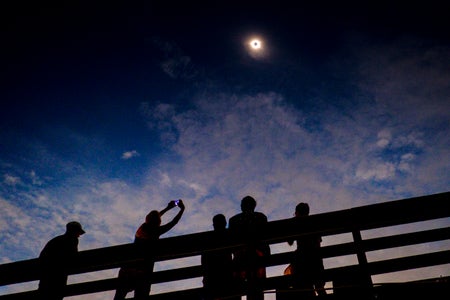
A Solar Eclipse Is Too Special to See Through Your Smartphone
To make the most of any total solar eclipse, put down your gadgets and bask in one of our solar system’s most glorious spectacles
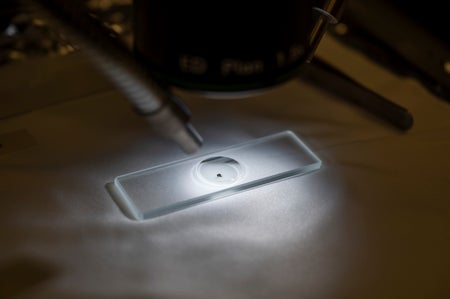
NASA’s New Asteroid Sample Is Already Rewriting Solar System History
Scientists have scarcely begun studying pristine material from asteroid Bennu brought back to Earth by the OSIRIS-REx mission, but have already found several surprises
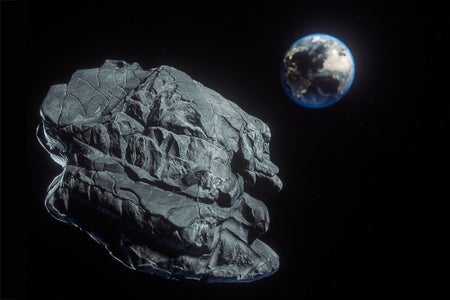
Earth Has More Than One Moon
Quirks of orbital mechanics make a cadre of sun-orbiting asteroids appear to be moons of Earth
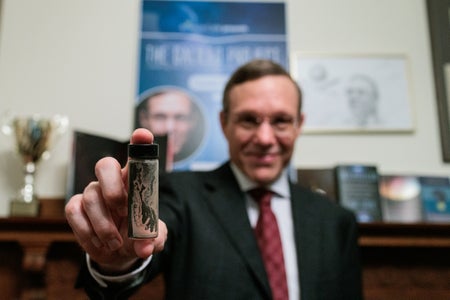
‘Interstellar’ Meteor Signal May Have Been a Truck—So What Was Collected from the Ocean Floor?
New analyses cast doubt on claims that a meteor witnessed over the South Pacific in 2014 came from another star system and raise questions about a high-profile expedition to recover the fireball’s fragments from the seafloor
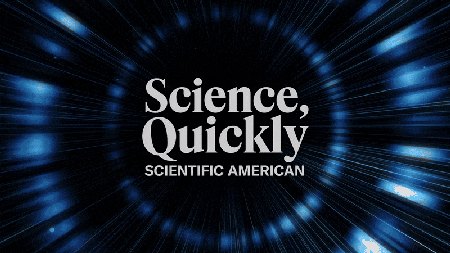
The Great Debate: Could We Ever Travel through Time?
Our space and physics editors go head-to-head over a classic mind-bending question.
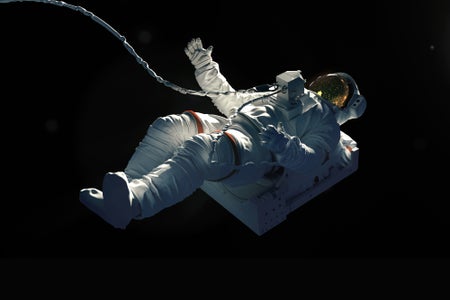
Most Astronauts Get ‘Space Headaches.’ Scientists Want to Know Why
Headaches are a common and recurring problem in space, even for astronauts that don’t experience them on Earth
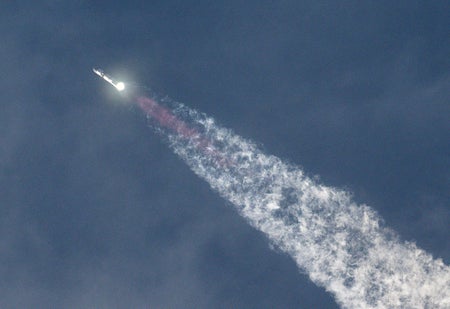
SpaceX’s Starship Rocket Reached Record Heights before It Was Lost
SpaceX lost both the booster and vehicle in a test launch of its massive Starship rocket. But the third try was the charm for Starship, which smoothly separated in its most successful flight to date
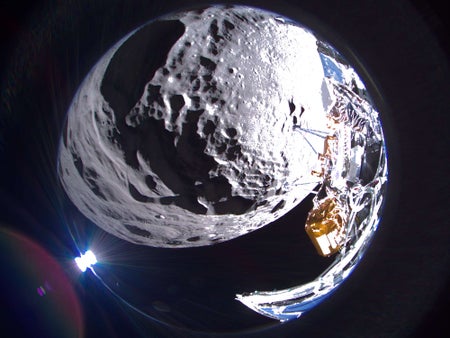
In NASA’s Push for the Moon, Commercial Partners Soar—And Stumble
NASA’s partnership with private industry to accelerate the U.S.’s return to the moon is delivering lunar payloads—and mixed results
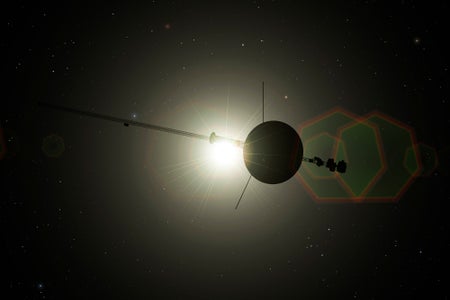
Voyager 1’s Immortal Interstellar Requiem
NASA is reaching across more than 15 billion miles to rescue its malfunctioning Voyager 1 probe—but this hallowed interstellar mission can’t live forever